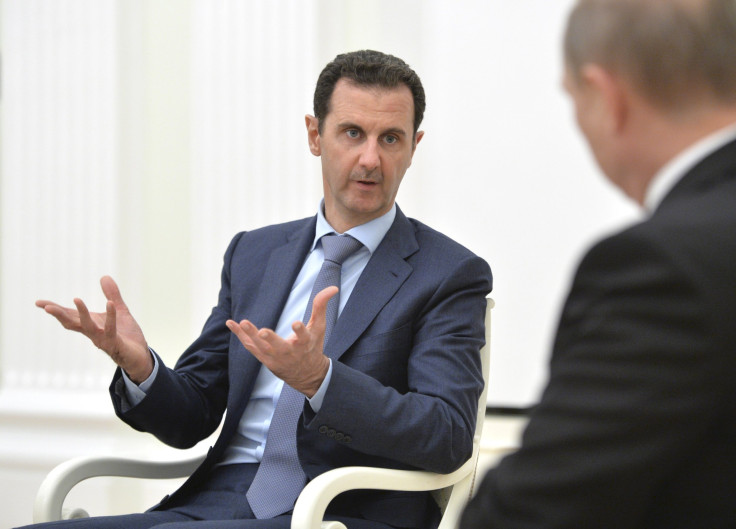Is Syria Buying Oil From ISIS? US Sanctions Syrian Businessman For Acting As 'Middleman' In Transactions

The U.S. Treasury Department sanctioned a Syrian businessman Wednesday. Officials say he “served as a middleman” for the Syrian government’s oil purchases from the Islamic State group, Reuters reported.
In the U.S. government’s latest effort to cut off funding for the group, which claimed responsibility for the terror attacks in Paris earlier this month, the Treasury Department said it also sanctioned three other individuals and their affiliated businesses, including the Russian Financial Alliance Bank, for allegedly helping Syria’s central bank evade international sanctions.
U.S. officials have long been vocal with concerns that Syrian President Bashar Assad was boosting the Islamic State group’s finances by buying oil on territory that was previously controlled by the Syrian government in Damascus. But the U.S. government’s sanctions Wednesday were the first to be imposed on Syria’s oil trade.
“The United States will continue targeting the finances of those enabling Assad to continue inflicting violence on the Syrian people,” said Adam Szubin, the Treasury Department’s acting undersecretary for terrorism and financial intelligence, the Wall Street Journal reported.
George Haswani is the accused “middleman” in the alleged oil transactions. He owns a Syrian engineering and construction firm that was also targeted by the sanctions. Haswani was sanctioned by the European Union back in March under similar accusations, which he appealed. He told Reuters at the time that the EU had no evidence of the oil purchases and suggested it search for intermediaries smuggling oil to Turkey on behalf of the Islamic State group, which is also known as ISIS or ISIL.
The sanctions effectively freeze the targets’ U.S. assets and prohibit Americans from any transactions with them. The U.S. has been looking for ways to hit ISIS’ finances, launching a campaign of airstrikes last month called “Tidal Wave II” on the group’s oil facilities in Syria. Officials estimate that ISIS was earning $47 million in oil sales before the airstrikes, which reduced that amount by about 30 percent.
In the round of sanctions on Wednesday, the U.S. also targeted Mudalal Khuri, who is accused of assisting or acting on behalf of the Syrian government and its central bank, and Kirsan Ilyumzhinov, who officials said is a wealthy Russian businessman and World Chess Federation president. Ilyumzhinov is accused of assisting the Assad government’s business associates in Syria and Russia with evading sanctions against the Syrian central bank.
© Copyright IBTimes 2024. All rights reserved.











